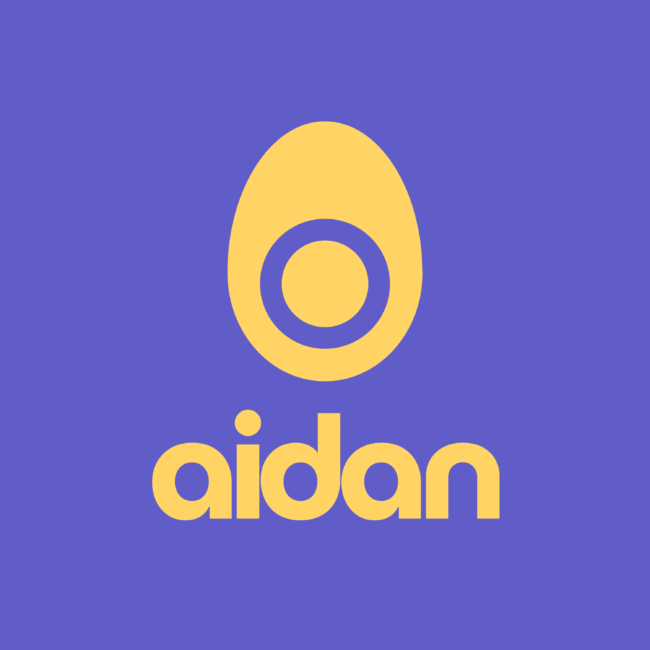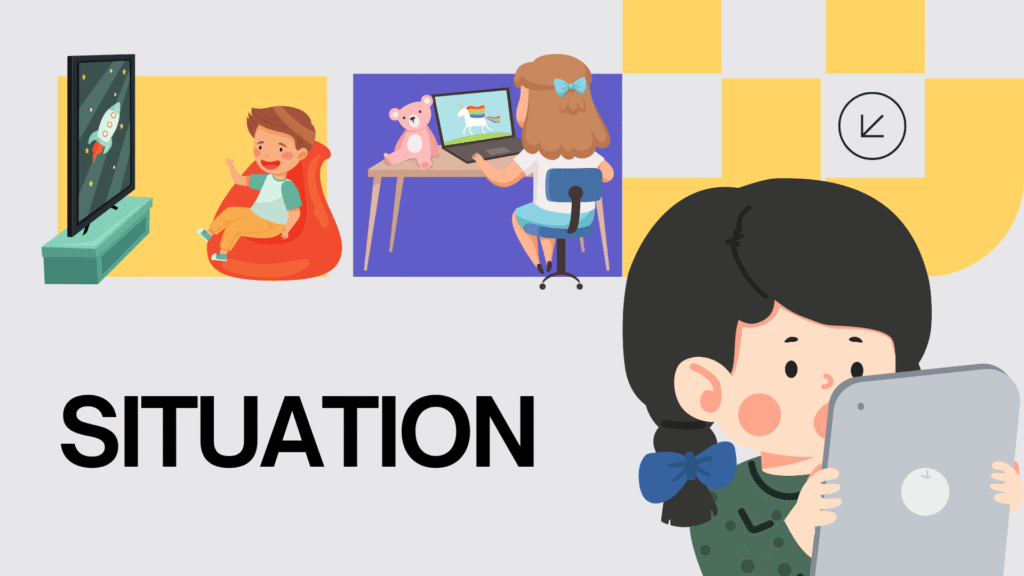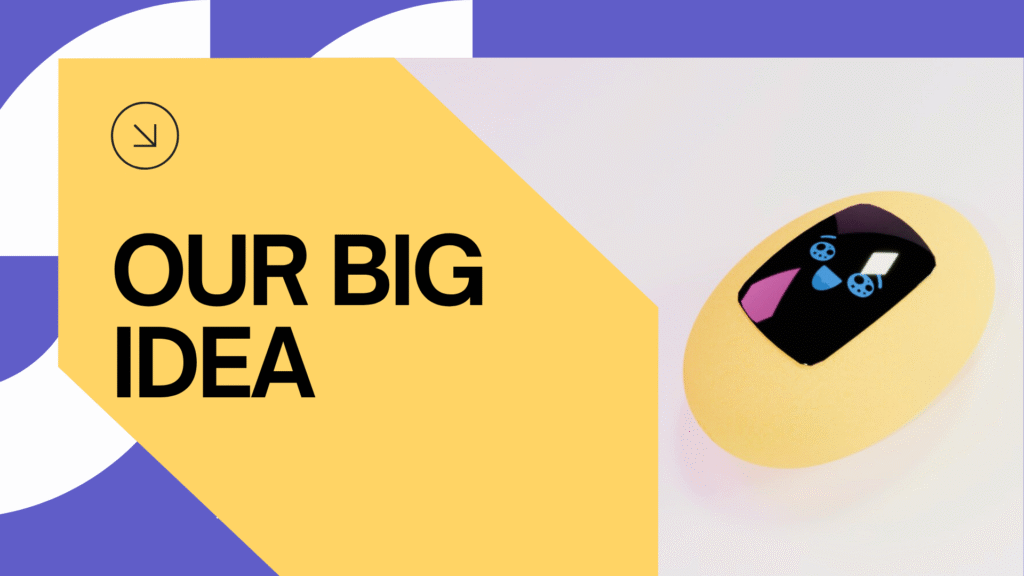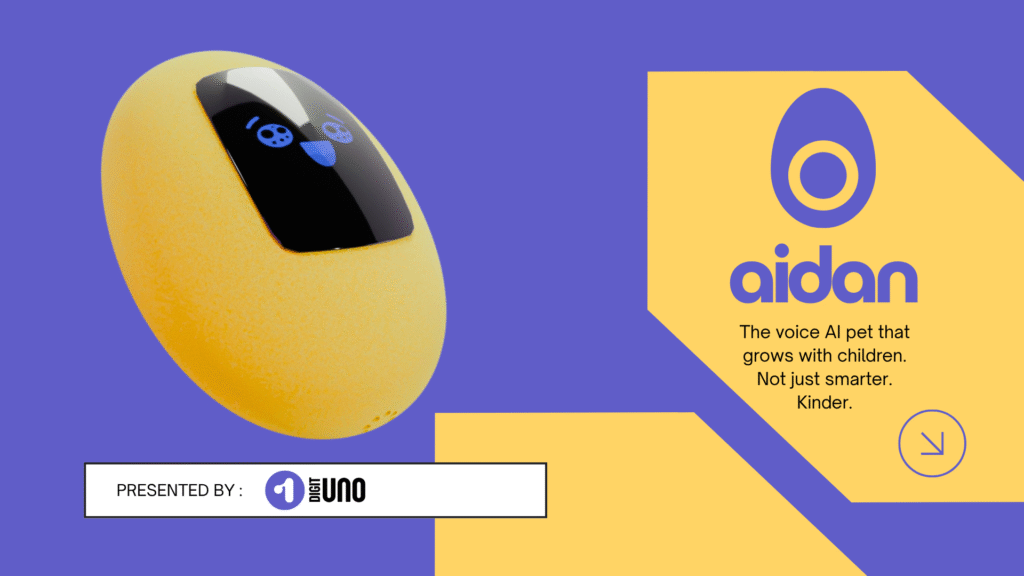Pitch Deck
Aidan: the voice AI companion that grows with children. Not just smarter. Kinder.
Today’s toddlers are growing up surrounded by screens — fast, flashy, and often overstimulating. Whether for education or entertainment, most digital devices distract more than they connect. Parents are seeking calmer, emotionally enriching alternatives that feel safe, personal, and portable without relying on screens. But the market offers little that truly listens, adapts, or grows with a child.


Billion
%
of parents are concerned about the impact of screen time on their child’s emotional development
%
Voice assistant usage among kids has doubled in the past 3 years yet most are not designed for children
Concept
Aidan is a voice-first AI companion for children aged 3–10 — living inside a soft, glowing egg that grows with the child. It teaches emotional awareness, language, routines, and curiosity through gentle, screen-free conversation. Designed for all children including those who are visually impaired or neurodivergent, Aidan blends play and presence into a calm, intelligent companion for a new generation.
Website
Operation Base
Vienna, Austria
Industry
AI Ed-Tech
Target Users
- Gen Alpha children
- Millennial/Gen Z parents
- Screen-conscious households
- Visually impaired children
As millennial parents, we cherish the quiet magic of our own childhoods — when imagination wasn’t interrupted by constant notifications. Today, that simplicity feels out of reach. From education to entertainment, screens have become almost unavoidable.
Yet we’re also hopeful. We believe AI holds real promise to support children’s learning and emotional growth — without requiring smartphones or overstimulating digital devices, especially for kids under 10.
Inspired by our shared love for Tamagotchi and the gentle intelligence of EVA from WALL·E, we set out to create something for our daughter Oceana — a companion that could comfort, respond, and grow alongside her. For children who are still discovering the world through sound, voice, and feeling, we believe their first experience with AI shouldn’t be designed to hook them — it should be designed to care.

Problems & Demands
- Millennial/Gen Z parents are seeking tech that protects childhood, not replaces it.
- Smart toys are booming, but most are screen-based or static.
- Emotional intelligence and language development are top parental priorities.
- Most AI toys serve tweens and teens — early childhood is underserved.
- Unmet need: Nothing combines AI, emotional development, safe interaction, and inclusive design for 3–10-year-olds.
Market Landscape
Product
Pros
Limitations
Tamagotchi Smart
Moxie Robot
Bulky, expensive (~$999), ages 6+
Yoto Player
Toniebox

Solutions
- Voice-first AI: Talks, listens, educates, asks questions
- Emotion modeling: Helps kids name and regulate feelings
- Routine support: Morning wakeups, bedtime wind-downs, calm-down prompts
- Language learning: Stories, vocabulary games, multilingual options
- Soft display: Minimal face screen for emotion and status cues — not media or video
- Parent dashboard: Control voice tone, personality, and routine prompts
- Accessibility mode: Speech rate adjustment, repetition, non-visual cues
- No media. No distractions. Just connection.
Tech Feasibility & Requirements
- Edge AI chips for offline speech processing and learning
- Microphone + speaker array with child-directed voice detection
- Tactile sensor layer to enable interaction by squeeze, hold, pat, cradle
- Soft pixel display to reflect expressions, emotional states, and interaction prompts (e.g. sleeping, eating, blinking)
- RGB glow ring for emotional color cues (yellow = happy, blue = calm)
- Modular language pack system to support multilingual interaction
- Real-time emotion classifier for modeling tone and vocabulary choices
- Offline-first architecture with optional encrypted sync
- Parental companion app with controls for routines, personality type, and voice settings
- Accessibility features: Optional Braille-guided shell, audio onboarding, vibration cues
- Age-adaptive AI model: Changes tone, language, and personality as child grows from 3 to 10
Marketability
Parents love Aidan because it is designed around real moments in a child’s day — from bedtime and storytelling to solo play, emotional check-ins, and language learning — Aidan supports development without screens or stress.
- Educational: Supports speech, empathy, emotion
- Emotionally intelligent: Not just smart—caring
- Screen-safe: No overstimulation or passive consumption
- Inclusive: Designed for children with visual or sensory needs
- Nurturing: Grows with child
- Personal: Can be a buddy, sister, or quiet listener
MVP Roadmap
- Prototype Aidan-O with Oceana (founders’ child)
- Daily testing: storytelling, calming, voice prompts
- Preschool + early elementary pilot (ages 3–8)
- Refine emotional AI layer + visual cues
- Launch pre-orders via crowdfunding
Call to Action
- Angel investors for pre-seed round (€250K)
- Advisors in early childhood and AI development
- Pediatric AI ethics advisors
- Strategic partners in EU/China edtech and toy labs (safety certs)
- NGOs, schools, and foundations working on assistive tech for kids

We believe the first AI a child meets should teach knowledge, kindness, curiosity, and emotional strength — not addiction.
Aidan isn’t just a toy. It’s the first emotionally intelligent AI our future generation meets — and we believe that matters. So we’re building Aidan with:
- Edge AI to protect privacy
- Voice-first design for screen-free growth
- Age-adaptive learning that grows with the child
- Accessibility-first features for kids with visual or emotional differences
Right now, Aidan lives in sketches, prototypes, and our imagination — but with your support, we can bring it to children everywhere.
Whether you’re a parent, educator, investor, or just someone who believes children deserve better tech: we’d love to hear from you.
Let’s raise a tech-savvy but also emotionally mindful generation, together. Grow with us.
Joanna, Adam & Oceana